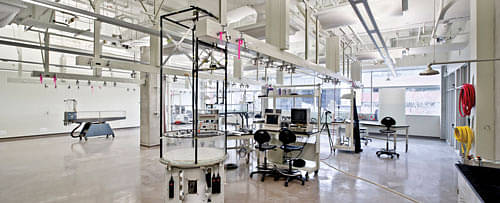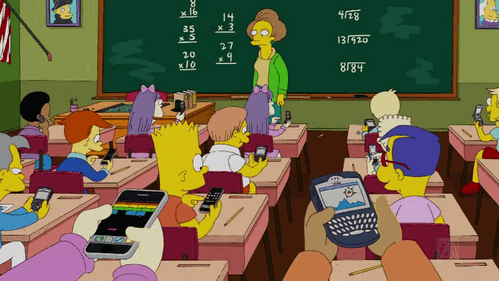
Choosing a college is one of the toughest and most important decisions of a student’s life. This decision will not only determine how and where is he going to spend the next 3-4 years but will also have a huge impact on the rest of his life, i.e job prospects and future growth.
Among all the chaos of choosing the right college and trying not to miss any admission deadlines, students often get confused while choosing between a private college and a government college.
While some look for goodwill and alumni network and therefore prefer government colleges, others judge on the basis of infrastructure and top facilities and opt for private colleges.
Though the need of the hour suggests that this decision should be taken after a lot of analysis and assessment on the basis of certain parameters that we are going to discuss below.

So, if you are also stuck in the dilemma of choosing a private college or a government college, read on.
Funding:

(image courtesy: AMC)
Private colleges and government colleges acquire funds from different sources. While government colleges are funded by the state government, private colleges on the other hand do not receive any funds from state government and rely mostly on tuition fee collected from students and other private contributions.
Tuition fee:

The amount of tuition fee paid by a student depends on how the college is funded. In most government colleges , fee to be charged from a student is decided after keeping in mind the various quotas, incentives and reservations for different sectors of the society. Also, since the college is funded and run by the government, most of the operating cost for these colleges is paid by the government.
On the other hand, in a private college , the amount a student has to pay as tuition fee in a year is decided by the upper management of the institution. Also, the college’s operating cost solely depends on the tuition fee and donations, thus the tuition fee charged from the students is also very high as compared to that of state colleges.
Infrastructure:

When it comes to infrastructure, government colleges usually lag behind. With ill-equipped labs and lack of modern technology, quality of education provided to a student is hampered.
On the other hand, private colleges are usually equipped with up to date and good quality infrastructure, smart classrooms and projectors etc which they proudly boast about in their shiny brochures.
The students and parents are thus advised to visit the campus and have a look at the infrastructure before enrolling the child into any college.
Quality of teaching:

The quality of teaching offered by an institution depends on the teachers. While the selection criteria for faculty in a government college is generally very tough, only highly qualified teachers are selected and appointed. Though other problems faced by students studying in government colleges are that the faculty is not adequately staffed and well directed.
Private colleges
, on the other hand have more qualified faculty with industry experience and more sophisticated studying method. Also, the projectors and smart classrooms add to the quality of teaching.
Class size:

One of the major differences between a government college and a private college is the class size. While private colleges have a comparatively smaller class size enabling the teacher to pay special attention to every student, government colleges, on the other hand, may enroll 200 students in a single class. Thus, a weak student might not receive the special attention he requires.
Also, due to increased communication and dialogue between the child and teacher, students in private colleges are able to build a more stronger and personal relationship with their teachers, which is not the case for government colleges.
Placements:

This is usually the most important parameter taken into consideration while choosing between a government college and a private college.
The placement scenario of a college usually depends on two things:
- Goodwill
- Alumni Network
Goodwill created by the government colleges in the industry is very good and are generally better recognized by employers than small private colleges. More and more companies visit government colleges for placements and students are selected in some of the top companies at handsome salaries.
On the other hand, except the top renowned private colleges , placements offered to students are usually of satisfactory packages and not many companies visit the campuses of private colleges. Usually, private colleges tie up with MNCs and other big companies for placements.
The alumni network created by any college plays a very important role in the increase or decrease of goodwill of a college. It is advisable for students and parents to analyse and study the past placement records of the college before enrolling the child in it.
So, above were some of the important parameters to keep in mind while deciding between government colleges and private colleges.
All the best!


 Follow us
Follow us













